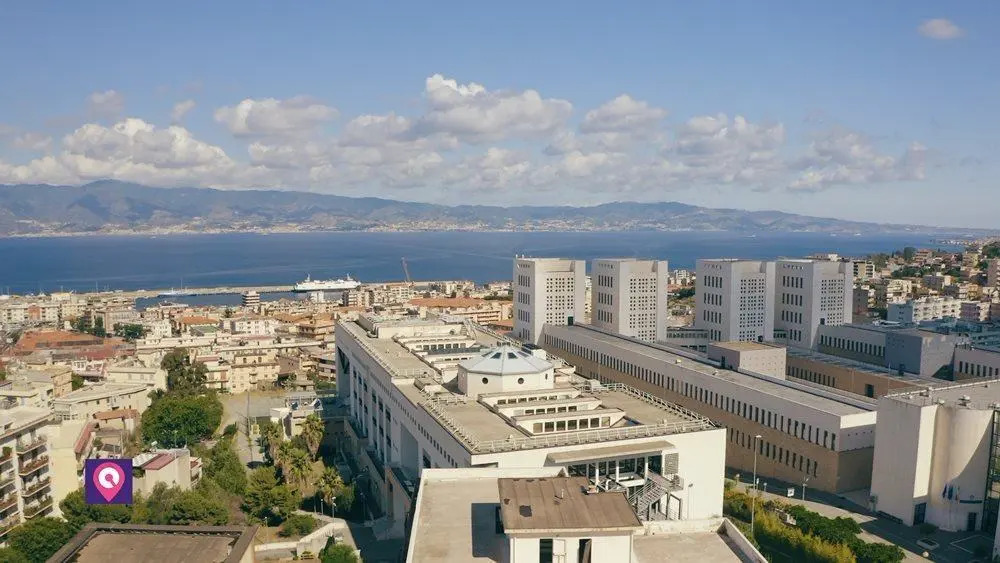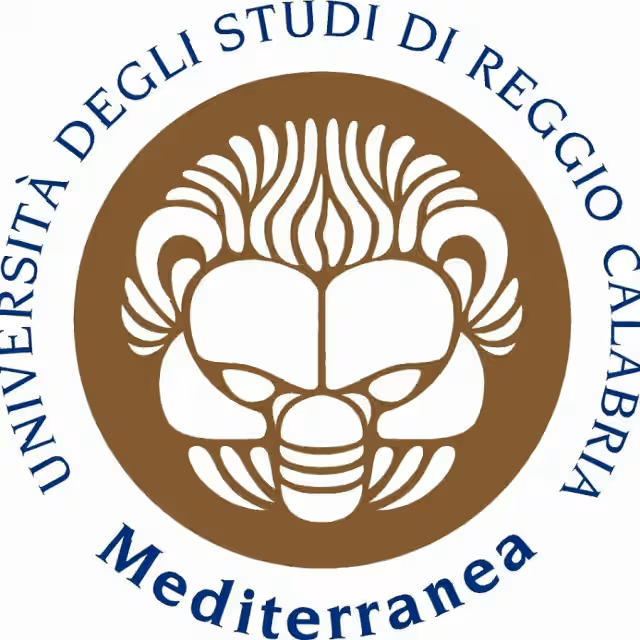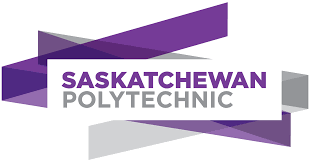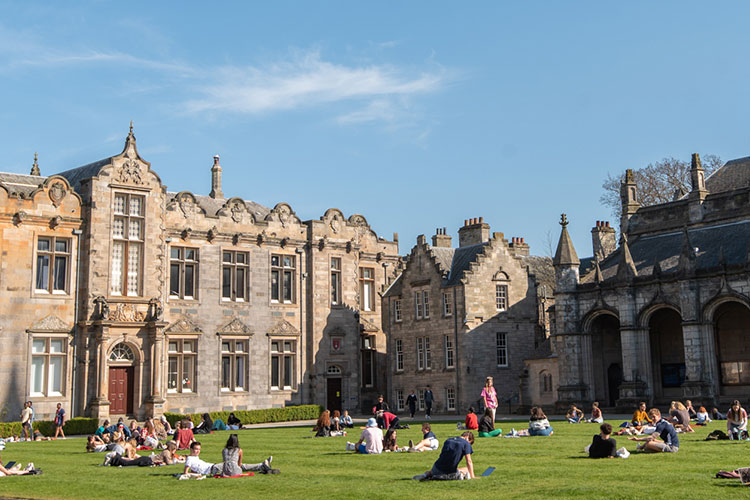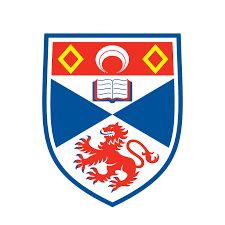
Agricultural Science and Technology Graduate
Matera Campus, Italy
Upon completion of their studies, graduates will develop personal communication skills, multidisciplinary teamwork, and judgmental abilities, both technically and economically, as well as humanly and ethically. They will be able to use, both written and oral, at least one European Union language in addition to Italian, preferably English, with specific reference to disciplinary vocabulary.
These skills can be fostered by creating opportunities for students to speak publicly, that is, in the presence of colleagues and faculty. This is achieved through oral presentations on the topics and themes being explored, reports on educational experiences
(technical educational visits, company internships, etc.), and, of course, through careful preparation for the final dissertation, which represents the culmination of their university career. Participation in seminars and conferences can also help develop these skills, strategically encouraging students' active involvement in interacting with the speaker, expressing questions, observations, and requests for clarification.
Study experiences and internships abroad clearly allow students to develop or strengthen their linguistic skills, which, in addition to expanding their potential communication skills, opens up further opportunities to acquire new knowledge that would otherwise be impossible.
The acquisition of communication skills will be assessed during the various exams, in the internship report, and in the final exam.
Autonomy of judgment.
Upon completion of their studies, graduates possess the awareness and independent judgment necessary to analyze diverse production and market situations, plan actions, and manage interventions to improve the quality and efficiency of production and all other related activities, including those related to environmental sustainability and eco-compatibility.
Creativity and innovation thrive when a critical mind, awareness, and independent interpretation are integrated into a solid foundation of knowledge. Any experience that broadens horizons beyond strictly local contexts allows for significant empowerment in independent judgment; in this regard, study and work placements at other universities, both domestically and especially abroad, are strongly encouraged through well-established mobility programs such as LLP/Erasmus, Leonardo da Vinci, International Cooperation (TEMPUS Community Program), etc., as are collaborations between research groups and interdisciplinary teams of scholars, including those involving thesis or graduate students. Within the same field of experience, other opportunities include technical educational visits, pre-employment contacts with companies, brief but intensive research collaborations at university departments, internships at university or private laboratories and studios, etc.
Although it is extremely difficult to directly assess the achievement of this learning outcome on a per-person basis, it is possible to indirectly assume that the richer and more diverse the educational experience evidenced by a student's curriculum, the more mature and informed the acquired knowledge should be. The discussion encouraged by the instructor during practical exercises on topics requiring independent decision-making is a useful tool both for training students in independent judgment and for assessing the level of maturity achieved. This is a very useful indicator at a general level, capable of providing information on the consistency and effectiveness of training opportunities at research institutes and institutions, both internal and external to the faculty of reference, and even abroad. Certifications relating to attendance at courses, seminars, and conferences organized alongside institutional courses and with a strong integrative purpose constitute further evidence of a cultural interest that leads to the acquisition of strong independent judgment as well as rigorous professional preparation.
The level of independence achieved will be assessed through assessments, including at the end of the training program, through the preparation of the final dissertation.
Learning ability.
The degree program provides the cognitive tools, logical elements, and familiarity with new technologies that ensure graduates continuously update their knowledge in their specific professional field and in the field of scientific research.
Knowledge, understanding, and critical autonomy are the foundations of continuous self-learning that continues throughout their professional career, based on a methodological approach and a general contextualization of the knowledge acquired during their university studies.
The process that leads to the development of a methodology capable of addressing problems by defining rigorous resolution criteria (problem setting and solving) is the result of an integrated ('systemic') organization of technical information; far from being simply 'prescriptive,' the set of instructions or technical interventions constantly refers to the need to establish relationships and connections between the system's components.
The mission of teaching, therefore, is to encourage self-study, fostering autonomy and a critical sense.
Similar Programmes
Bachelor's Degree
36 months
Agricultural Sciences (B.Sc.)
University of Göttingen, Göttingen, Germany
Earliest Intake
March 2026
Gross Tuition
7800 €
Master's & Postgraduate
24 months
Agricultural Sciences (M.Sc.)
University of Göttingen, Göttingen, Germany
Earliest Intake
December 2025
Gross Tuition
870 €
Bachelor's Degree
36 months
AGRICULTURAL SCIENCE AND TECHNOLOGY
Mediterranean University of Reggio Calabria, Reggio Calabria, Italy
Earliest Intake
July 2025
Gross Tuition
230 €
Certificate & Diploma
9 months
Agricultural Equipment Technician Certificate
Saskatchewan Polytechnic, Moose Jaw, Canada
Earliest Intake
October 2025
Gross Tuition
21543 C$
Master's & Postgraduate
12 months
Sustainable Aquaculture MSc
University of St Andrews, Fife, United Kingdom
Earliest Intake
September 2025
Gross Tuition
18000 £
Uni4Edu AI Assistant




